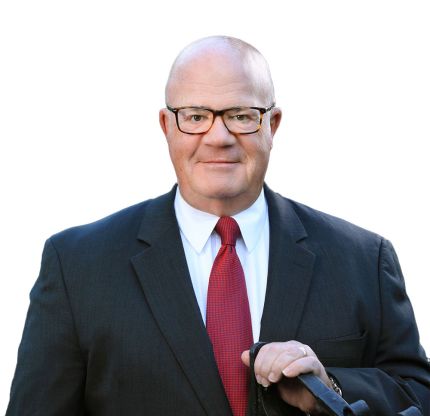
We Need To Stop Hiding
Two weeks ago in my article, “A Horrifying Revelation About Price”, I adressed two issues: Opportunity Cost and our inadequacy in handling price shoppers. Last week I drilled down a little deeper on the issue of Opportunity Cost in “If Lee Iacocca Owned a Funeral Home”. This week I will do the same for the price issue.
A Dab About Pricing Strategy
Price is always a strategy and has to do with pricing to value not to cost. We have lost so much ground because the overwhelming majority of our profession price to cost. That means that they maintain an outdated overhead structure and unnecessary expenses and let that drive their pricing strategy. Pricing to value means finding that part of the service and / or product customers value most and charging more for those and less for the ones they don’t care about. With many areas of the country now experiencing in excess of 50% cremation the value of physical merchandise in the eyes of a growing part of the market is necessarily called into question.
The Core Issue
What caused me to be horrified, however, is not our outdated strategy but our inability to recognize and articulate value. After decades of bad press, increasing cremation (which we interpret as rejection) and an increasingly diverse and challenging customer environment we seem to have forgotten why we are here. Simon Sinek gave a wonderful lecture on this issue on TED.COM. My belief is that if we had a better grasp of what it is we are doing for society we would be a lot more successful in handling price shoppers.
Here is my personal truth:
DeathCare is not like any other product or service in the world! And it is time we stopped hiding and faced that fact. Comparisons to high end resorts and theme parks have their place and serve as informative ways to upgrade the behavior of ourselves and our staffs. Death evokes deep emotions, has transcendental overtones and (regardless of religious persuasion) elements of the sacred. No one but DeathCare providers are prepared to serve the whole picture.
Ask yourself this question: “What Do People Pay Us For?”
Judging from the way we act and talk here is what we think they pay us for:
- Our facilities
- Our vehicles
- Our location
- Our caskets
- Our persona
- Our years in business
- Our community commitment
I have come to believe that people pay us because they love someone…and sometimes that someone is themselves. My recent study has caused me to wonder if the type of service people buy isn’t better correlated with the relationships that survive than it is with socioeconomic, or belief systems. This, in turn, has caused me to wonder if many of those who buy less service aren’t being underserved because we are too afraid (or as in my earlier article lost our own faith) to stand up for what we believe. For my entire career DeathCare has spent all its time and resources fighting among itself and no time and no resources fighting for itself.
Some time ago a major vendor asked me what I thought most funeral home owners want. My answer: “Judging from their behavior they want to not be there.” In recent years we have begun to hide behind a flurry of euphemisms: Tribute Center, Care Center, Celebration Center. None of these are bad but I think we should recognize that distancing ourselves from the reality of who we are can’t help us. We are Death Experts and we work with people who need a Death Expert. But we have let the court of uninformed public opinion persuade us to tone down our message.
Maybe some of my thoughts about the valid contribution DeathCare makes to society will jog your memory.
Death is…
People Pay Us Because They Loved Someone
When we reduce love to a price we are reducing something sacred to something trivial
Our Blogging Expert

Business Consultant / Owner
Popular Articles
